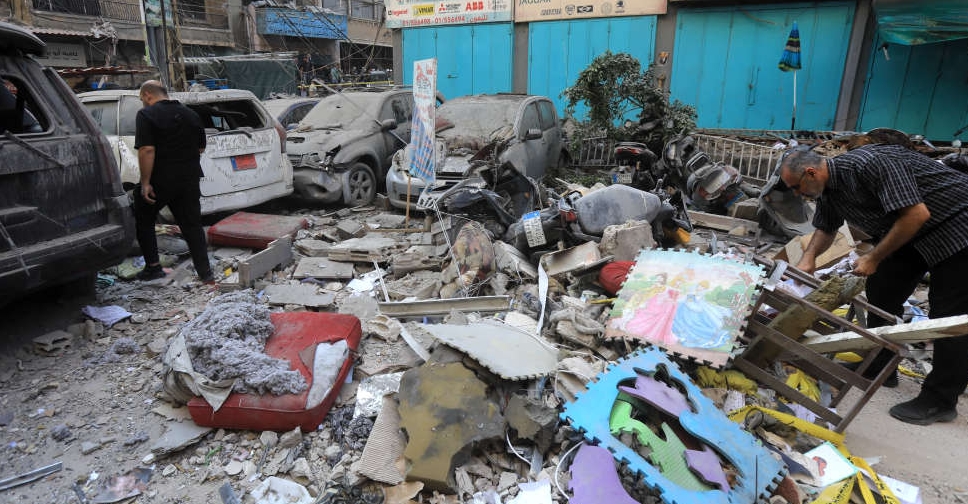
Lebanon’s Hezbollah confirmed one of its top commanders, Ibrahim Qubaisi, was killed in an Israeli airstrike in Lebanon on Tuesday.
The announcement was made on the Telegram messaging application, hours after the Israeli military claimed to have killed the group member, alongside, “additional central commanders” in Ghobeiri, southern Beirut.
Lebanon’s Ministry of Public Health said that the Israeli strike had killed six people and injured 15 others.
Known as “Hajj Abu Musa,” Ibrahim Qubaisi was the head of Hezbollah’s missile and rocket units, and behind around 2,000 attacks on Israel.
The Israeli military said Qubaisi, “was responsible for launching missiles toward Israeli civilians. He also served as a significant source of knowledge in the field of missiles and had close ties to senior military leaders in Hezbollah.”
Israel significantly intensified air attacks in Lebanon over the last few days, killing at least 558 people, including 50 children and 94 women. Nearly 2,000 others were injured and tens of thousands fled their homes in southern Lebanon.
The casualty rate over the two-day intensified bombing campaign is the highest in decades. The 2006 Israel-Lebanon war saw around 1,200 people killed over a month.
The Israeli government added the return of Israeli residents to the north as a war priority. Hezbollah has been targeting northern Israel with projectiles since the Gaza aggression began last October, prompting the residents’ evacuation.
The intensified fighting has renewed fears of a widened regional war, dragging the US and Iran into the mix.
The US sent additional troops to the Middle East, it was announced on Sunday. However, White House national security adviser Jake Sullivan told MSNBC that he believed, “a path forward” could still be found to de-escalation and a diplomatic solution.
US President Biden, addressing the UN General Assembly (UNGA) on Tuesday, said, “Full scale war is not in anyone's interest, even if situation has escalated, a diplomatic solution is still possible.”



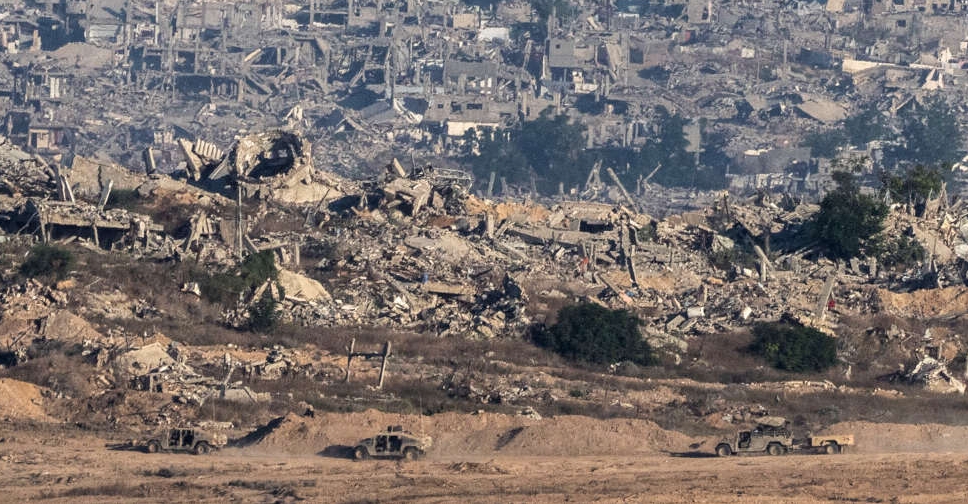 Israel sends delegation to Qatar for Gaza talks ahead of Netanyahu trip to US
Israel sends delegation to Qatar for Gaza talks ahead of Netanyahu trip to US
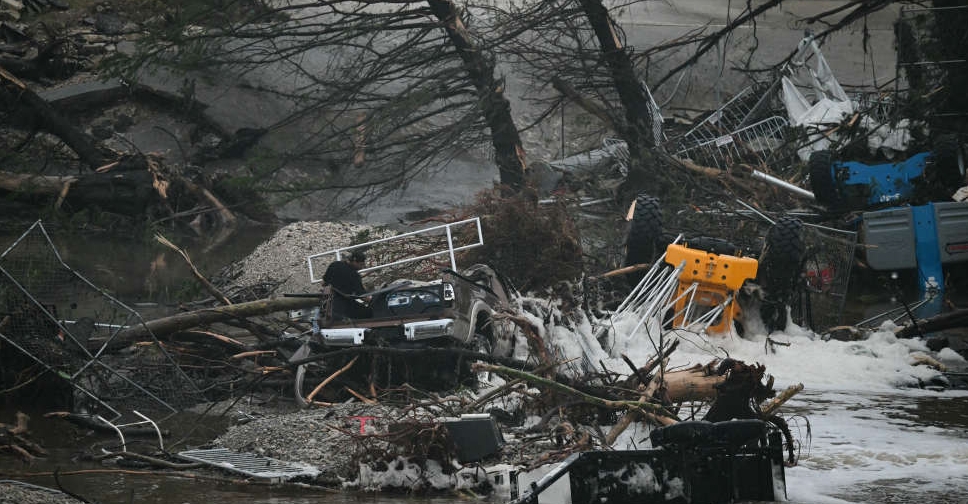 Death toll from Texas floods reaches at least 50; dozens still missing
Death toll from Texas floods reaches at least 50; dozens still missing
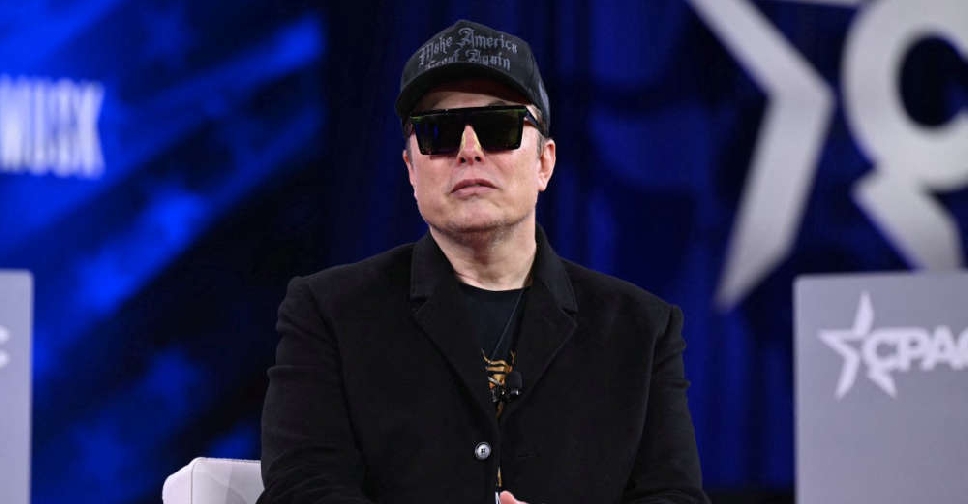 Musk announces forming of 'America Party' in further break from Trump
Musk announces forming of 'America Party' in further break from Trump
 Leaders of growing BRICS group gather for Rio summit
Leaders of growing BRICS group gather for Rio summit
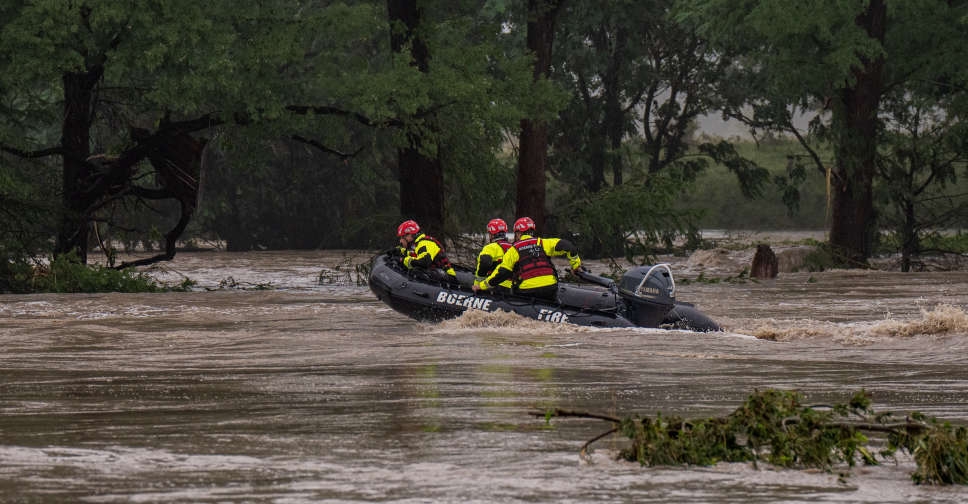 At least 24 dead in Texas flash flooding
At least 24 dead in Texas flash flooding







